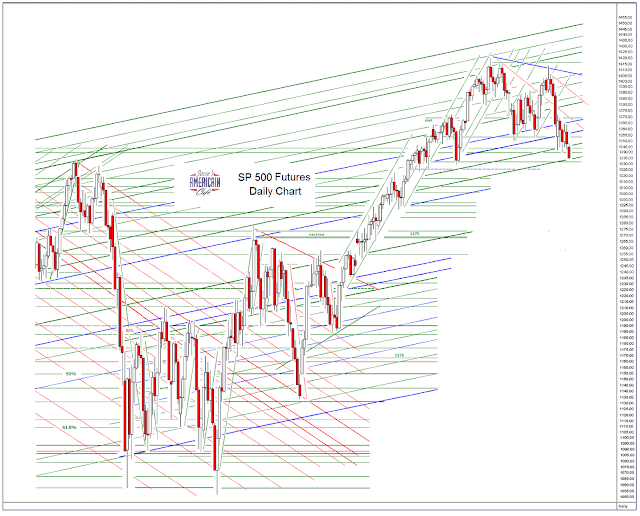This is one of the better commentaries on JPM and the history and imperatives of banking regulation that I have seen recently.
I do not wish to beat this to death, but I have read too many glib economist and stock tout comments sloughing this off as 'no big deal.' Not surprisingly, these were many of the same people who said similar things during the build up of the credit bubble and the financialization of the real economy.
And I also expected something like this to happen in the derivatives markets, following the thefts of customer money at MF Global. It just happened a little sooner than I had imagined. Things are progressing quickly.
JPM Chase Chairman, Jamie Dimon, the Whale Man, and Glass-Steagall
By Nomi Prins
May 11, 2012
It was fitting that while President Obama and his Hollywood apostles broke fundraising records at a sumptuous $40,000 per plate dinner at George Clooney’s place, word of JPM Chase’s ‘mistake’ rippled through the news. Not long ago, Dimon’s name was batted about to become Treasury Secretary. But as lines are drawn and pundits take sides in the Jamie Dimon ego deflation saga – or, as I see it - why big banks should be made smaller and then, broken up into commercial vs. speculative components ala Glass Steagall – it’s important to look beyond the size of the $2 billion dollar (and counting) beached whale of a trading loss.
Yes, $2 billion in the scheme of JPM Chase’s book and quarterly earnings is tiny, a ‘trading blip’ as it’s been called by some business press. But that’s not a mitigating factor in what it represents. In this era dominated by a few consolidated and complex banks, the very fact that it’s a relatively small loss IS the red flag.
First - because the loss could (and will) grow. Second, because even if it doesn’t, it’s a blatant example of a big bank incurring un-due risk within a barely regulated, highly correlated financial markets. It only takes another Paulson hedge fund, or a trading desk at Goldman Sachs, to short the hell out of the corporates that JPM Chase is synthetically long, or take whatever the other side really is, to create a liquidity crisis that will further screw those least able to access credit – individuals, small businesses, and productive capital users.
We know this. We’ve seen this. We're in this. There’s no such thing as an isolated trading loss anymore. And yet Jamie Dimon, seated atop the most powerful bank in the world, has smugly led the charge to adamantly oppose any moves to alter the banking framework that allows him, or any bank, to call a bet - a hedge or client position or market-making maneuver - with central bank, government official, and regulatory impunity.
Flashback to the unimaginable in 1933
It’s 1933 and the country has undergone several years of painful Depression following the 1920s speculation that crashed in the fall of 1929. Investigations into the bank related causes began under Republican President, Herbert Hoover and continued under Democratic President, FDR...
Read the rest here.


































